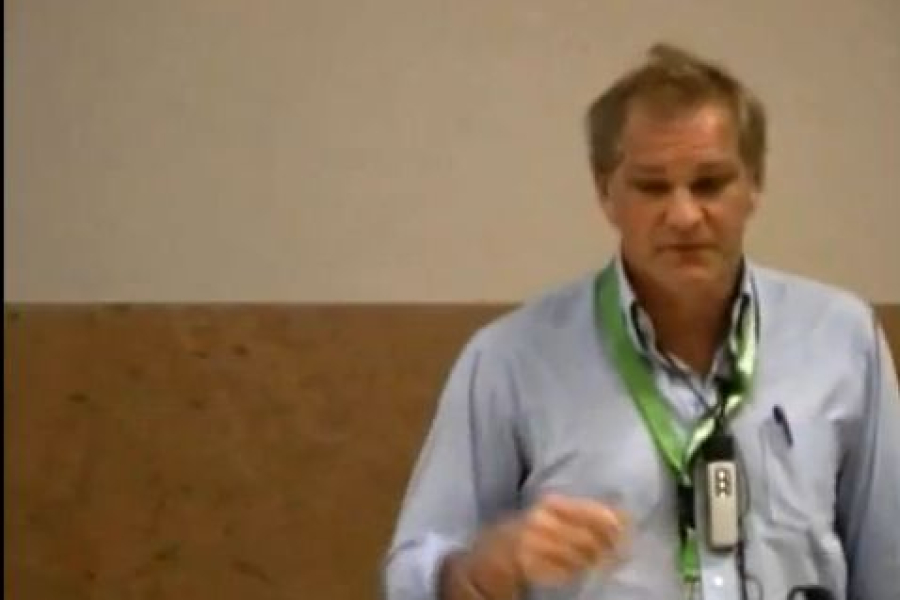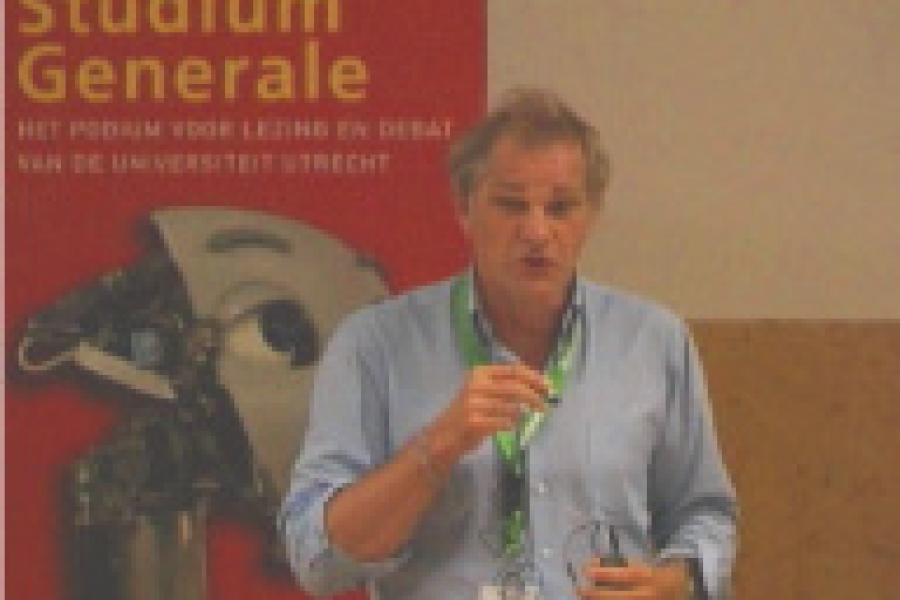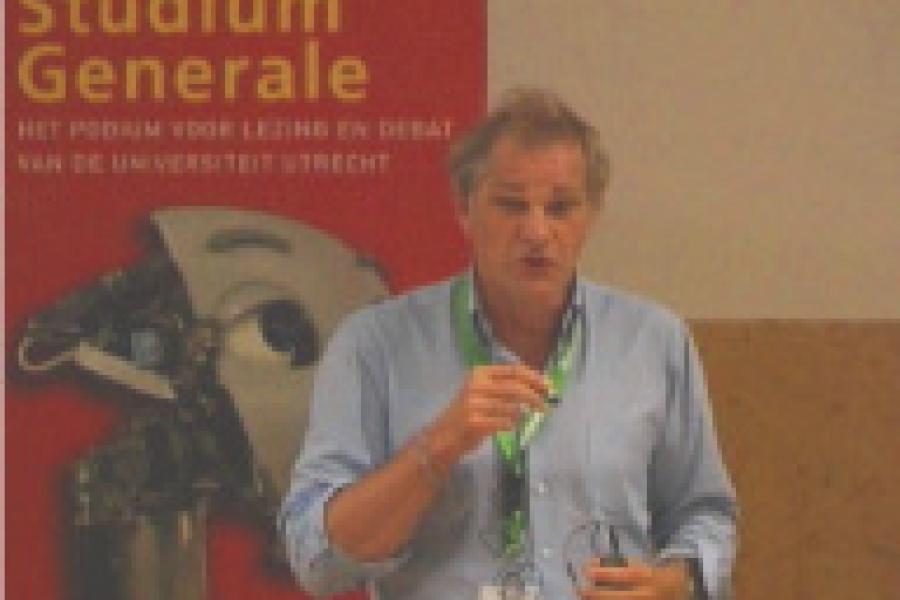Prof. dr. Albert Postma promoveerde in 1991 aan het NICI, Radboud Universiteit Nijmegen, op de dissertatie Self-correction and stuttering: on linguistic repair processes in disfluencies of normal speakers and stutterers. Aansluitend werd hij universitair docent bij de afdeling psychologische functieleer van de Universiteit Utrecht en waar hij in 2005 bijzonder hoogleraar werd in Neurocognitive and Clinical Psychological Aspects of Spatial Cognition and Memory.
Postma geeft leiding aan het Memory & Space lab van de Universiteit Utrecht, waar onderzoek wordt gedaan naar hoe mensen ruimte waarnemen en herinneren, naar episodisch geheugen en geheugenstoornissen.
In 2000 verwierf hij de prestigieuze NWO Pionier onderzoekssubsidie voor 'Spatial Cognition: development, underlying representations, and neural basis', en in 2005 het EU NEST Fp6-program 'Finding your way in the world - on the neurocognitive basis of spatial memory and orientation in humans'. Van 2002 tot 2012 was hij redacteur van Acta Psychologica.
---
Prof. dr. Albert Postma received his PhD in 1991 at the NICI, University of Nijmegen with a dissertation entitled Self-correction and stuttering: on linguistic repair processes in disfluencies of normal speakers and stutterers. Subsequently he became a university teacher of experimental psychology at the Utrecht University en in 2005 professor by special appointment at the UU on Neurocognitive and Clinical Psychological Aspects of Spatial Cognition and Memory.
Postma leads the Memory & Space lab at Utrecht University, where research is conducted into how people perceive and remember space, episodic memory and memory disorders.
In 2000, he was awarded the prestigious NWO Pioneer research grant for “Spatial Cognition: development, underlying representations, and neural basis”, and in 2005, the EU NEST Fp6 programme “Finding your way in the world - on the neurocognitive basis of spatial memory and orientation in humans”. From 2002 to 2012, he was editor of Acta Psychologica.







